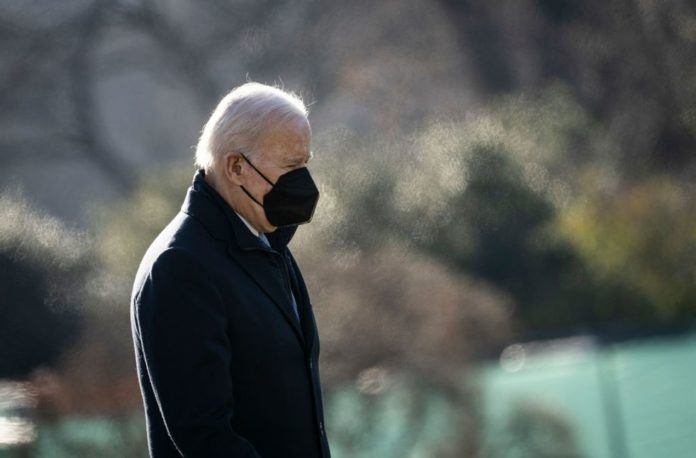Recent U.S. studies show that 55% of the general public experienced higher stress during the pandemic, and university students around the world reported pandemic-related increases in depression and anxiety.
While many have acknowledged a worsening in mental health since early 2020, what has mostly gone unreported is how these symptoms may be linked to your likelihood of being sick.
You may have heard that stress is bad for you, but you may not have realized how dangerous it is. For decades, academics have been exploring the mechanisms of how this happens. This body of evidence has unequivocally established that stress can have a negative impact on the immune system in both people and animals.
Sheldon Cohen, a psychologist, and his colleagues have done a series of trials in which healthy people were exposed to an upper respiratory infection by virus drops injected directly into their noses. These individuals were then isolated in a hotel and meticulously observed to see who became sick and who did not.
Prolonged psychological stress is one of the most important predictors of who gets sick and who stays well.
Individuals who are stressed for six months to two years (roughly the length of the epidemic so far) are nearly three times more likely to fall ill with an infectious agent than those who are not stressed. This phenomenon is primarily driven by stressors that many of us face nowadays, such as unemployment and dealing with problems with family or friends.
But don’t get too downhearted. One crucial point that is commonly overlooked in these studies is that even when a virus is injected into your nose, your fate is not sealed. In fact, one-third of the participants are resistant to viruses known to make humans sick, such as cold viruses, flu viruses, and, you guessed it, coronaviruses. So, who are these people that rarely get sick?
Cohen explained in recent writing that while coronaviruses haven’t been researched nearly as much as cold and flu viruses, there’s reason to expect that some of the same protective variables will be relevant for the severity of coronavirus infection or resistance to it.
The most important protective factors include feeling socially connected and supported, as well as getting at least seven hours of sleep every night, but his studies over the years have repeatedly shown that factors such as lower stress and higher levels of positive emotions are also important in illness prevention.
Inflammation
How do stress or unpleasant life experiences penetrate under our skin and influence our chances of being sick? Inflammation is one of the primary contributors.
Inflammation is important for crucial immune cell trafficking in your body, ensuring that the correct cells are present in the right places at the right times and at the right numbers. When we are under a lot of stress for an extended period of time, our hormones become unbalanced, resulting in greater than normal levels of inflammation and a slew of negative health repercussions.
As it occurs, many of the preexisting illnesses linked to severe COVID-19 symptoms and hospitalization, such as heart disease, diabetes, and obesity, are also linked to greater levels of stress and inflammation.
COVID-19 may potentially stimulate inflammation in the same way as prolonged stress does, resulting in a “cytokine storm.” This could be due in part to the actions of stress hormones such as cortisol, which have been found to be elevated in the most severe cases of COVID, including an increased risk of mortality.
Taking one’s stress seriously
Your stress and well-being are important, especially during a period of rebounding. COVID-19 infection rates and novel variants are increasing all over the world.
It’s never been more important to have a well-functioning immune system. Even if you live in an area where COVID-19 levels have leveled out or declined, or if you have been immunized and vaccinated, it turns out that stress, loneliness, sleep, and other inflammation-related phenomena all play a role in how well your body responds to a vaccination. That is the number of protective antibodies produced in response to the vaccine.
This gives us yet an additional reason to prioritize our health right now. So, please, heed the recommendations of decades of research and take your stress seriously in order to protect your well-being during this interminably difficult moment.
Maintain social connections, even if they must be virtual. Concentrate on what you have control over rather than what you don’t. Make it a point to do something that makes you joyful every day. Rest. Make sleep and exercise a priority.
Most essential, follow the advice of public health experts and get vaccinated, wear a mask, and wash your hands, but keep in mind that this isn’t the be-all and end-all of keeping healthy. Because your mind influences your body in significant and COVID-relevant ways, taking care of your well-being, particularly your stress level, is also crucial.
Source: The Conversation
Image Credit: Getty
You were reading: A chronic disease that triples risk of COVID-19 infection in over 55% of the general population
